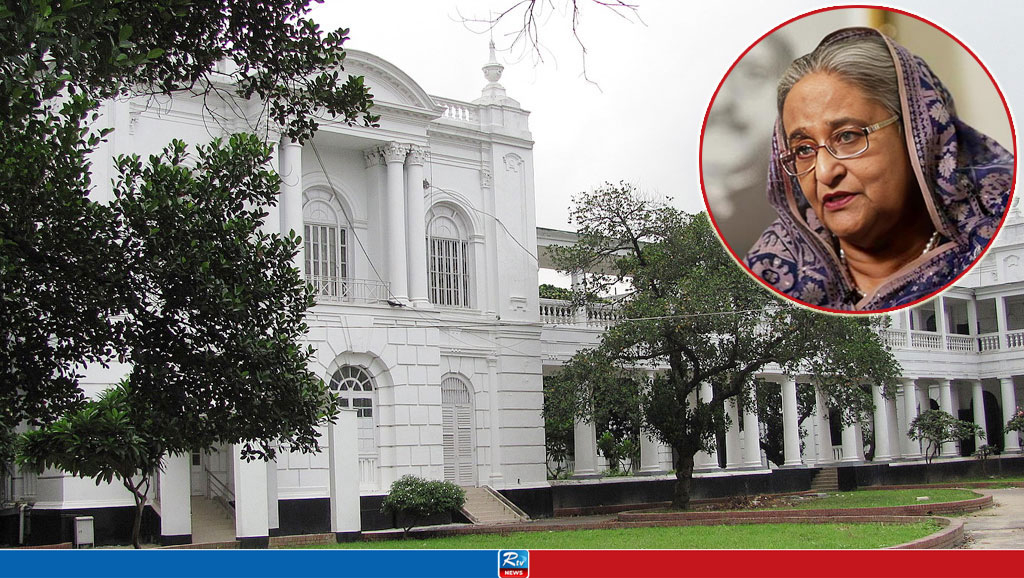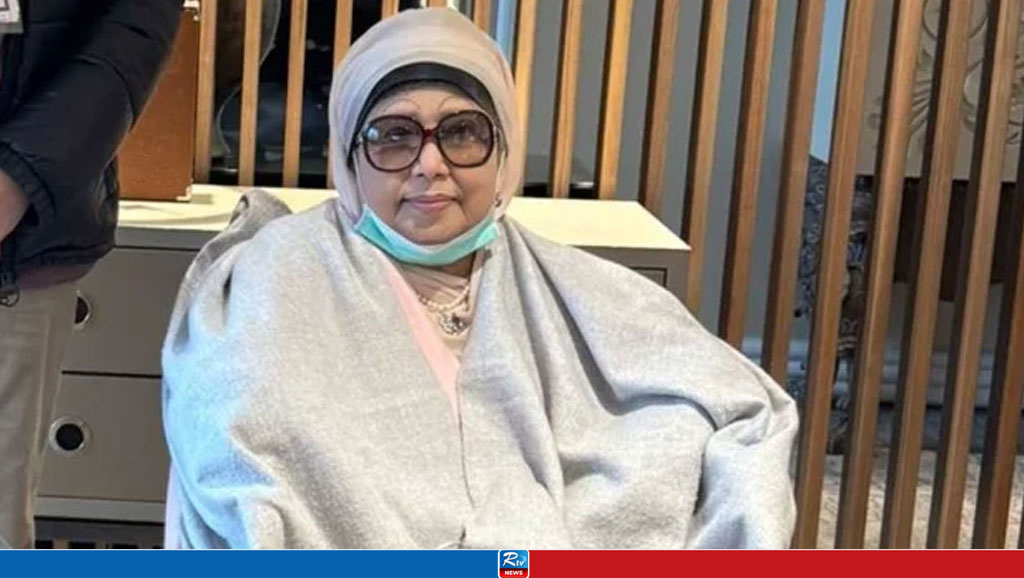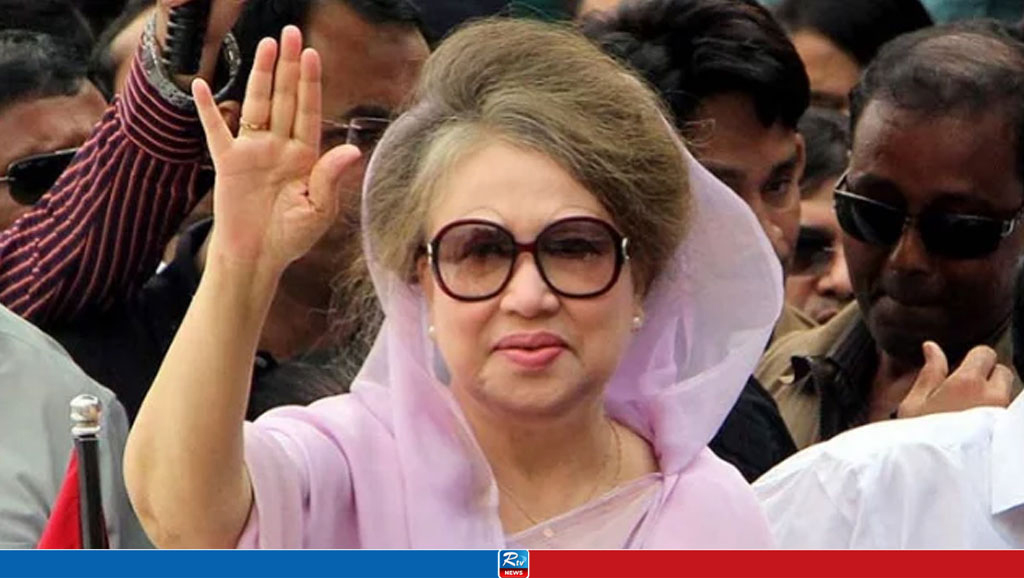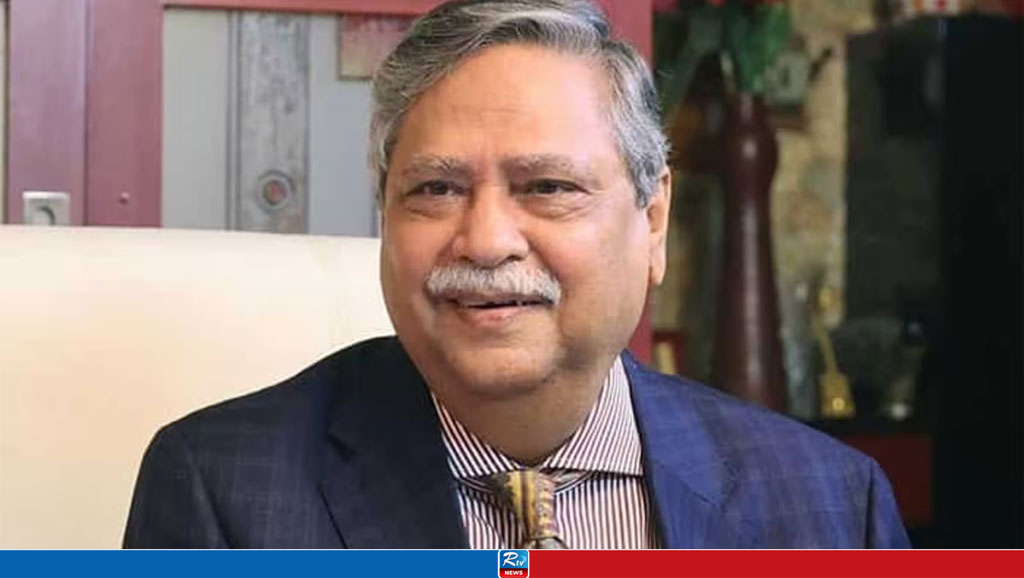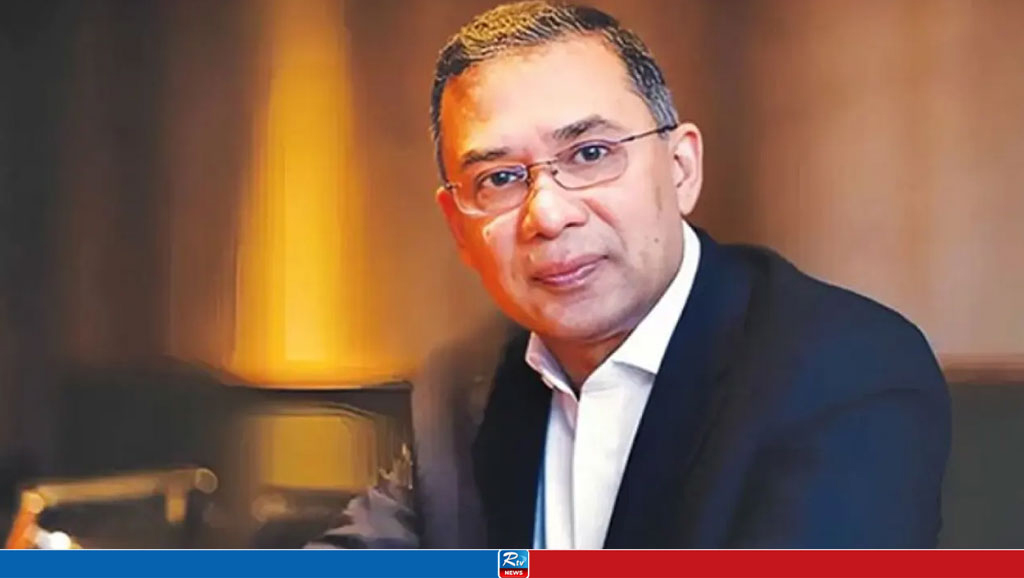Tareq Rahman: New Issues Can Be Added to the 31-Point Plan if Needed
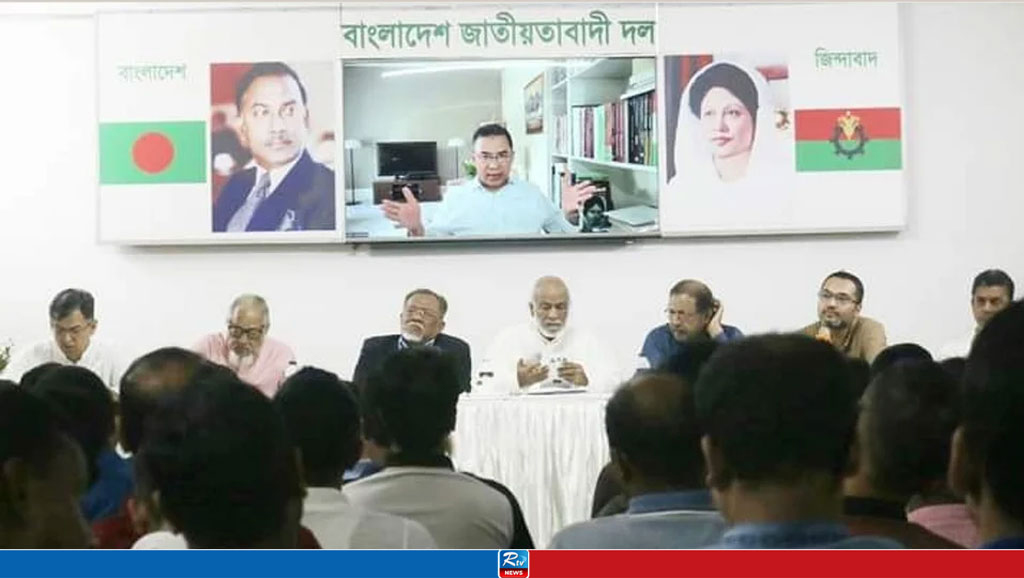
BNP’s acting chairman, Tareq Rahman, has stated that the 31-point reform plan is not fixed and can be revised or expanded as needed, depending on the demands of time, circumstances, and the needs of the country and its people.
Speaking virtually on Wednesday, October 16, at a workshop organized by the BNP’s central training committee at the party chairperson’s office in Gulshan, Tareq Rahman emphasized flexibility.
He said, “BNP is a party that people have high expectations from. It exists for the welfare of the country and its people and aims to make meaningful contributions.”
Addressing students at the workshop, Tareq urged them to engage with different educational institutions and communities as representatives of the party, saying, “The people you meet will be the future leaders of this country. Listen to their views, as the next generation of promising leaders will emerge from them.”
He further remarked, “The scenario before August 5 was different from the one we face now. We’ve given you a roadmap, and it’s your job to convey it to the people. We have fought, and now we will build.”
The day-long workshop was chaired by BNP standing committee member Dr. Abdul Moyeen Khan, with other senior leaders like Nazrul Islam Khan, Salahuddin Ahmed, Ismail Jabi Ullah, and Dr. Mahdi Amin present as trainers. Rakibul Islam Bakul, BNP’s student affairs secretary, coordinated the session, which was attended by central leaders of the Jatiyatabadi Chhatra Dal.
On July 13, 2023, Tareq Rahman had presented the "31-Point Framework for State Reform," which includes:
- Formation of a constitutional reform commission
- Establishment of a national coordination commission for communal harmony
- Reintroduction of a neutral caretaker government for elections
- Restoration of the balance of power within the state
- Limiting the tenure of the prime minister
- Creation of an upper house in parliament
- Amendment of Article 70 of the constitution
- Reforming the Election Commission and electoral laws
- Restructuring state institutions to ensure transparency
- Formation of a judicial commission and reintroduction of the Supreme Judicial Council
- Establishment of an administrative reform commission
- Formation of a media commission
- Effective anti-corruption measures and appointment of an ombudsman
- Establishing the rule of law and human rights at all levels
- Formation of an economic reform commission
- Guaranteeing full religious freedom
- Ensuring fair wages considering inflation
- Modernization and governance improvements in industries, power, and energy sectors
- Prioritizing national interests in foreign relations
- Keeping defense forces above all controversies
- Empowering local government bodies through decentralization
- Honoring martyrs of the Liberation War with state recognition
- Developing a modern youth policy
- Promoting gender equality and women's empowerment
- Reforming the education system to prepare for future challenges
- Implementing a "Health for All" policy
- Ensuring fair prices for agricultural products and safeguarding farmers
- Modernizing roads, railways, and waterways
- Tackling climate change and launching river management initiatives
- Advancing ICT, space research, and nuclear technology
- Developing sustainable housing and urbanization policies
Tareq Rahman reiterated that the plan remains dynamic and can evolve based on new requirements.
Comments
ACC Investigates Allegations of Embezzlement of Tk80,000 Cr Against Hasina
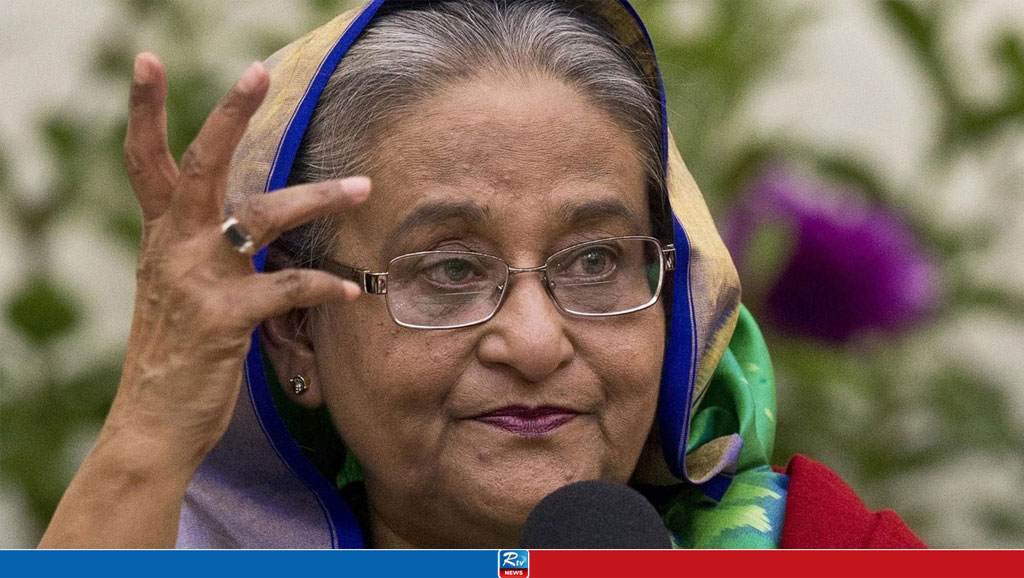
School Admission Lottery Results Published: How to Check

Dr. Yunus to Deliver Speech at Al-Azhar University Today
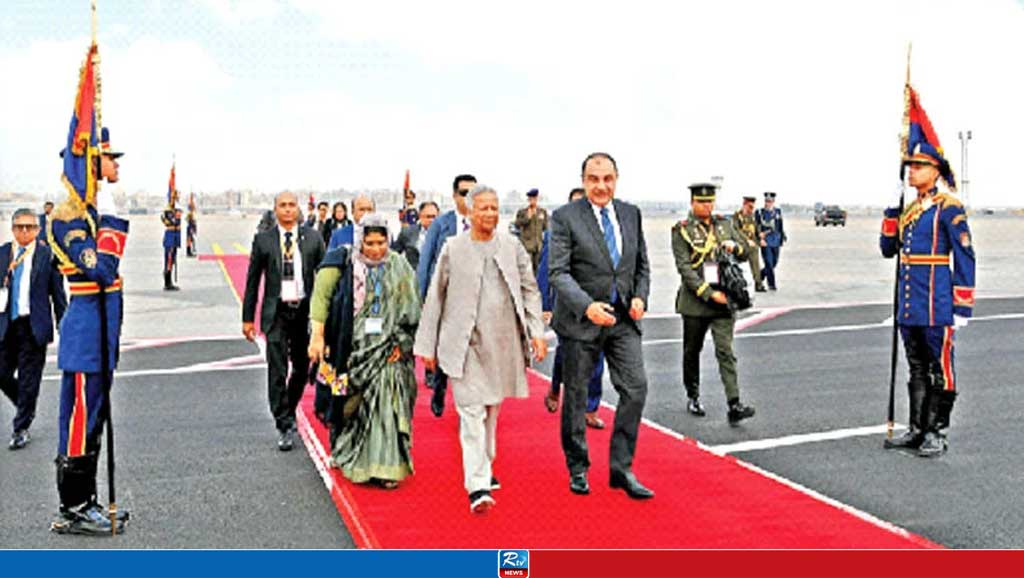
Bangladesh Wins The Economist's "Country of the Year" Title

Advisor Hasan Arif Passes Away
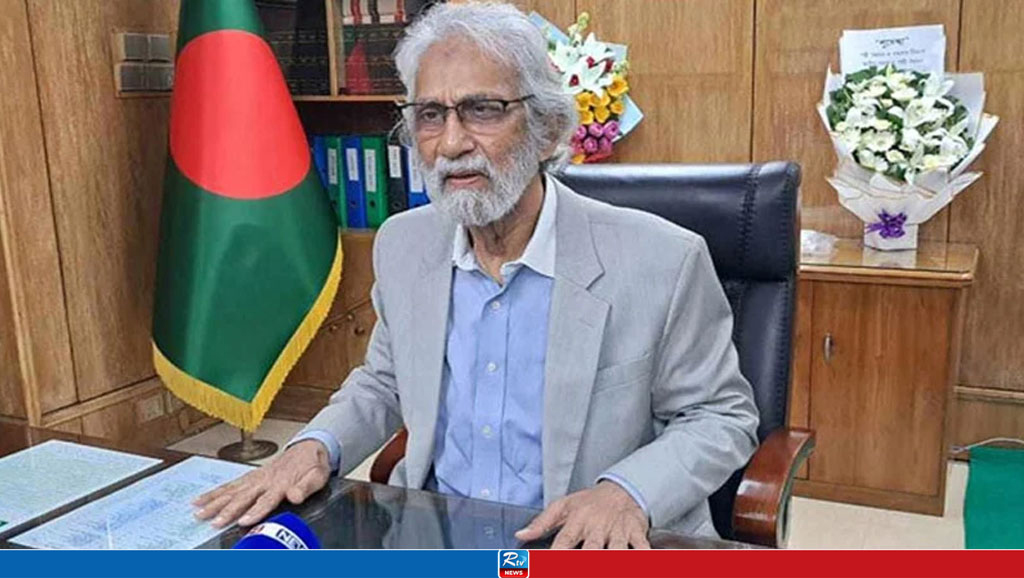
Train Fare and Schedule on Dhaka-Khulna Route Via Padma Bridge
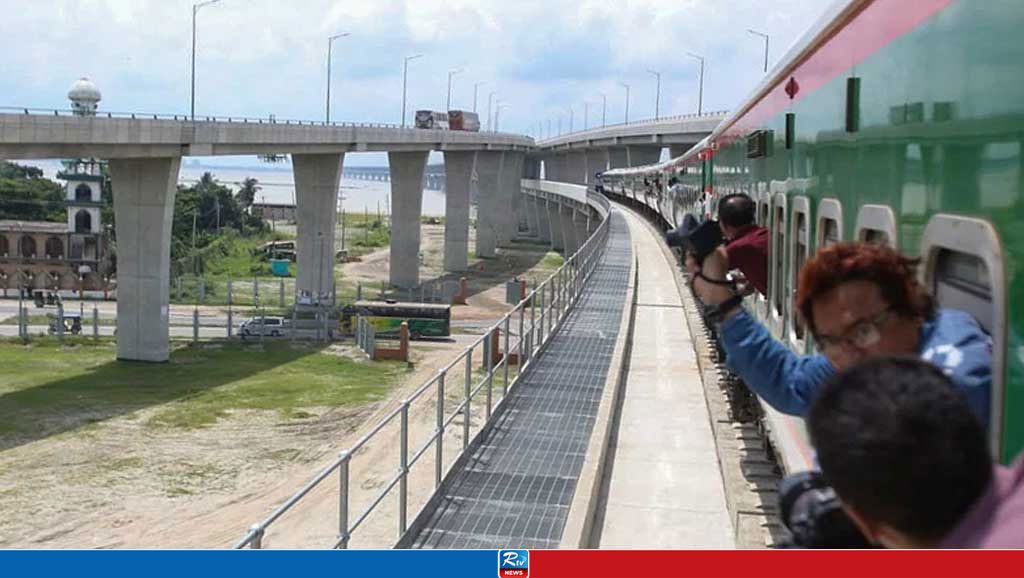
100 Garment Factories Shut in 6 Months, 50,000 Workers Jobless: BGMEA
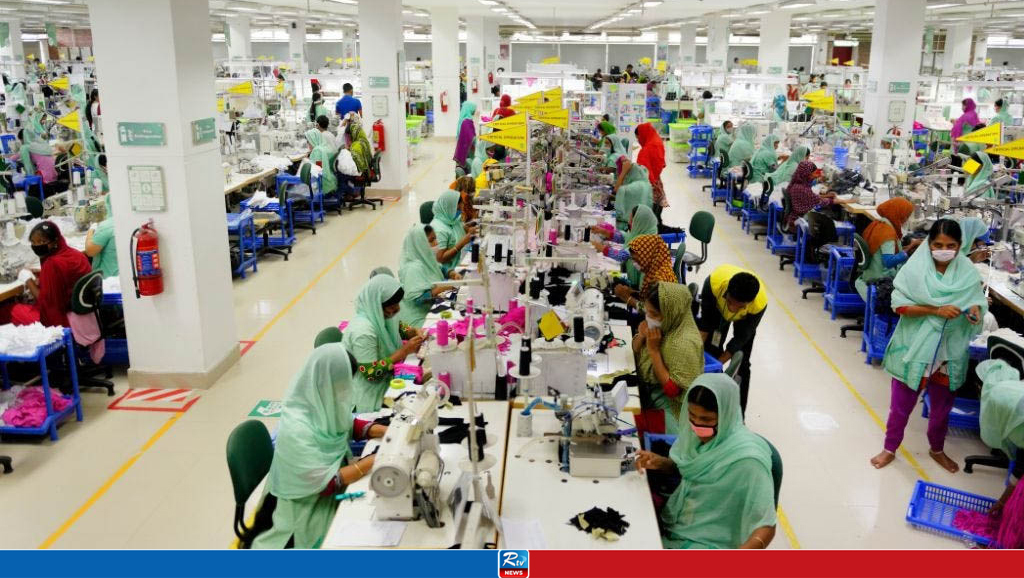

 Live Tv
Live Tv

